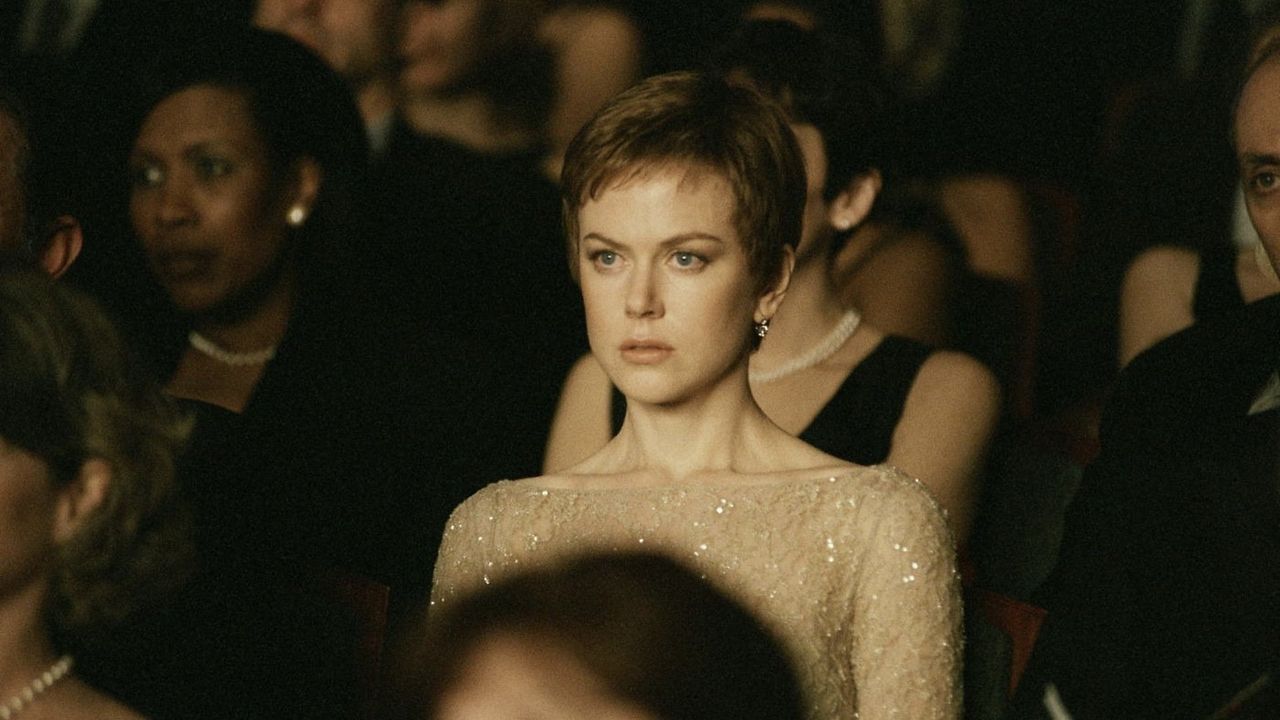Donnie Darko is straightforward compared to Birth, a movie that cares to explain itself even less than Richard Kelly’s. Unlike Kelly, Jonathan Glazer has yet to go back and create a director’s cut of his divisive sophomore feature, featured alongside Kelly’s Southland Tales in ’s recent Starter Pack of the phenomenon. And the prospect of Glazer overexplaining himself seems unlikely, given the cold black void at the center of his work. Here, that’s more emotional than the literal voids in Under the Skin or The Zone of Interest, a feeling Nick describes as “a cold, almost claustrophobic world of despair and heartbreak,” and Laura calls “so grand but so uninhabited, just waiting for someone else to fill its space. But of course, nothing ever will.”
I have to admit that I found Birth quite challenging at times, largely in a middle stretch that includes the film’s infamous bathtub scene. This is exactly how I was supposed to feel. Birth is a symphony of discomfort, skillfully playing notes of deep sadness, primal unease and haunting ambiguity. There are details that don’t add up in this movie, made all the more troublesome by the fact that—vaguest of spoiler alerts—Glazer and co-writers Jean-Claude Carrière (a frequent collaborator with Luis Buñuel) and Milo Addica do actually pause at one point to explain what’s happening.
That scene is a showcase for Anne Heche, and Lauren “how’s Mr. Reincarnation enjoying his cake?” Bacall provides a much-needed archness as the film’s sensible matriarch. However, I agree with Dave, when he writes that “Nicole Kidman deserves so much credit… because it’s her performance that really makes this story work.” Fragile and withdrawn, with a Rosemary’s Baby Mia Farrow haircut, Kidman’s character is so lost in her world of grief that she never reaches its final stage of acceptance, leaving her open to what could either be a cruel charade or a metaphysical miracle.
Birth is the first of Glazer’s films to receive a Criterion release, with a new 4K UHD disc due at the end of January. (No pun intended.)


